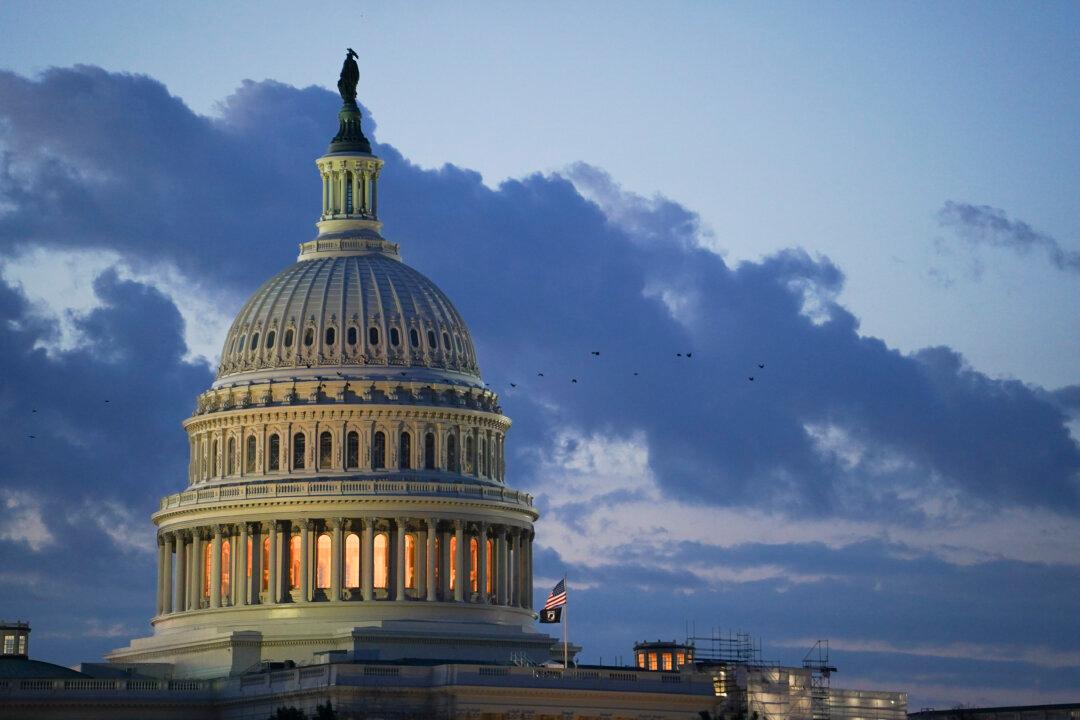As Congress returns from the August recess, funding the government is lawmakers’ top priority.
But that’s set to be a challenge for Speaker of the House Kevin McCarthy (R-Calif.), who needs to wrangle an ideologically-divided caucus while balancing negotiations with the Democrat-controlled Senate and White House to pass the series of bills required to fund the government.





